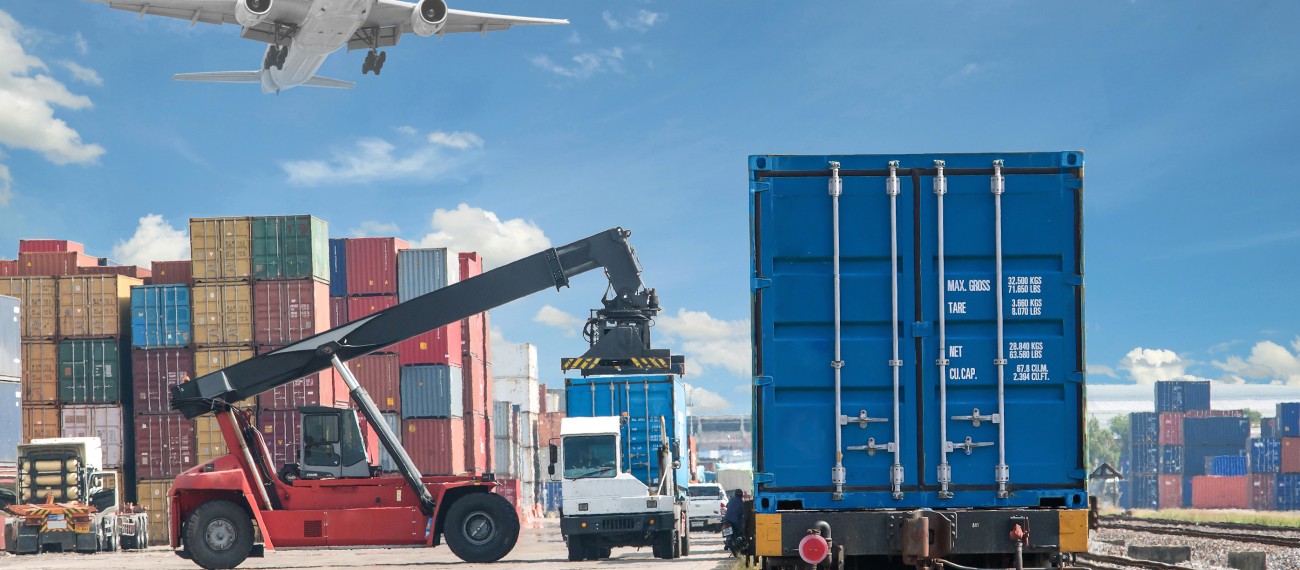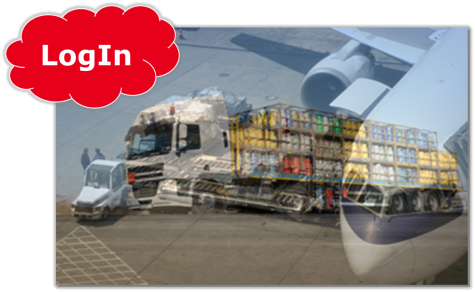Increasing customer requirements and by the globalization influenced increasing specialization and fragmentation of logistics and transport chains raise the need of effective and efficient inter-actor networks and communication. IT-based solutions and especially cargo community systems (CCS) play an important role for a fast and flexible inter-actor information exchange. However, decisive for success or failure of these IT-based solutions is most likely not the technology but rather the user behaviour. Especially for CCS which can capture and process data of multiple actors the complexity (e. g. big data and interfaces) as well as requirements (e. g. access rights and data security) increases quickly. The parameters influencing the acceptance of such systems are often explained by different theoretical models (Technology Acceptance Model, IS Success Model or IS Continuance Model). However, concerning CCS a further development of these models is required to be able to explain the inter-actor behaviour of users for a successful implementation.
Therefore, the aim of this research project is to expand existing theoretical approaches by an inter-actor perspective under the consideration of group specific behaviour. To expand a proper theoretical model the relevant influencing factors (drivers and barriers regarding confidentiality, data protection, transparency, data quality, competition, incentive schemes and users’ competencies and behaviour) are identified and analysed regarding how they influence the acceptance of CCS and how an inter-actor diffusion of CCS can be achieved.
The practical use of the expanded theoretical model and methodology is tested by using an example application of the air cargo transport chain. Expert interviews serve as the central source of data input and enable validation of the developed model.
Key Data:
Runtime: February to December 2017
Sponsor: House of Logistics and Mobility (HOLM)
Partner: Department of Information Systems & Electronic Services, Frankfurt University of Applied Science, Hochschule Rhein-Main, AirCargo Community Frankfurt e. V.




